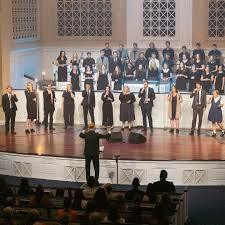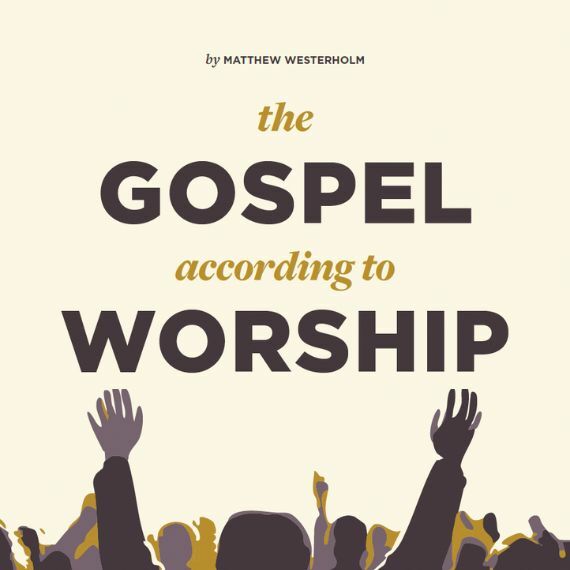7 Ways Theology Drives Us to Worship
Here is the condensed article in it's totality (cut-n-pasted from SBTS below)
Note, you can access the whole article and more like it by clicking --> here <-- for a free ebook, The Gospel According to Worship from Matthew Westerholm.
______
Sunday morning worship isn't about personal taste. God hasn't left us to our preferences. He's given us truths we can trust when we gather to worship him.
These theological foundations determine whether our worship is biblical or merely entertaining.
Here are seven truths that drive us to worship:
1. God is worthy of our praise.
There's only one being in the universe worthy of worship. Psalm 115 contrasts the idols of nations—with eyes that can't see and ears that can't hear—with the true God who sees, hears, and carries his people. The idols must be carried by those who support them, but God carries us. When the church declares God is "worthy," we're declaring he defines our very existence and the aim our lives should take.
2. Creation calls us to praise.
God's "eternal power and divine nature" are clearly evident "in the things that have been made" (Rom 1:20). We can perceive his invisible attributes through creation itself. This revelation comes with responsibility: to perceive God's attributes and not respond with worship is to sinfully proclaim he's unworthy. Adam and Eve were created to worship God with perfect love and obedience, but they failed—and so have we.
3. Jesus' sacrifice qualifies our praise.
Our sin threatens the purpose of the universe, but it doesn't have the final word. Jesus came as our substitute to do what humanity failed to do—he offered the Father, the worship of [whom is infinitiely] worthy. Under all our church activities—songs, prayers, testimonies—is the finished work of Jesus. Why does the Father hear our singing? Because Christ's perfect worship has been counted to us.
4. The Spirit enables our praise.
The Holy Spirit mysteriously connects earthly practices with true heavenly participation. Our worship is a cold and broken response to God's glory, but the Spirit helps us in our weakness. He makes our dead spirits alive, bears fruit in us, and intercedes for us. Through his spiritual intercession, the Spirit lifts us to the ascended Christ, who rules heaven and earth with immediate power.
5. God's people gather to praise.
Worshipping alone misses God's triune point. At its best, gathering for worship reminds us that the most basic thing about us isn't our money, skin color, or age—it's that we are sinners who need a Savior. Our churches are filled with people different from us, all learning we're not better than others but in need of the same grace.
6. Scripture directs our praise.
The praise of God must be shaped by the Word of God. Christians widely agree on main aspects of worship: praising God's name, singing, praying, celebrating ordinances, hearing God's written Word, receiving proclaimed Word, and responding with holy living. At their best, these activities serve as a foretaste of heaven.
7. The universe will be filled with praise.
Praise is the ultimate goal of the universe. "The earth shall be full of the knowledge of the Lord as the waters cover the sea" (Isa 11:9). God created the universe for his glory, and that glory drives all human history. Since Christ's riches are immeasurable, our discovery of them will never end. Every time we discover some new aspect of Christ's riches, our renewed hearts will burst with joy and our voices will leap into song.
Bottom line: May we live for the day when all creation will know that he is God, exalted among the nations and in the earth.
_________
Selah!





